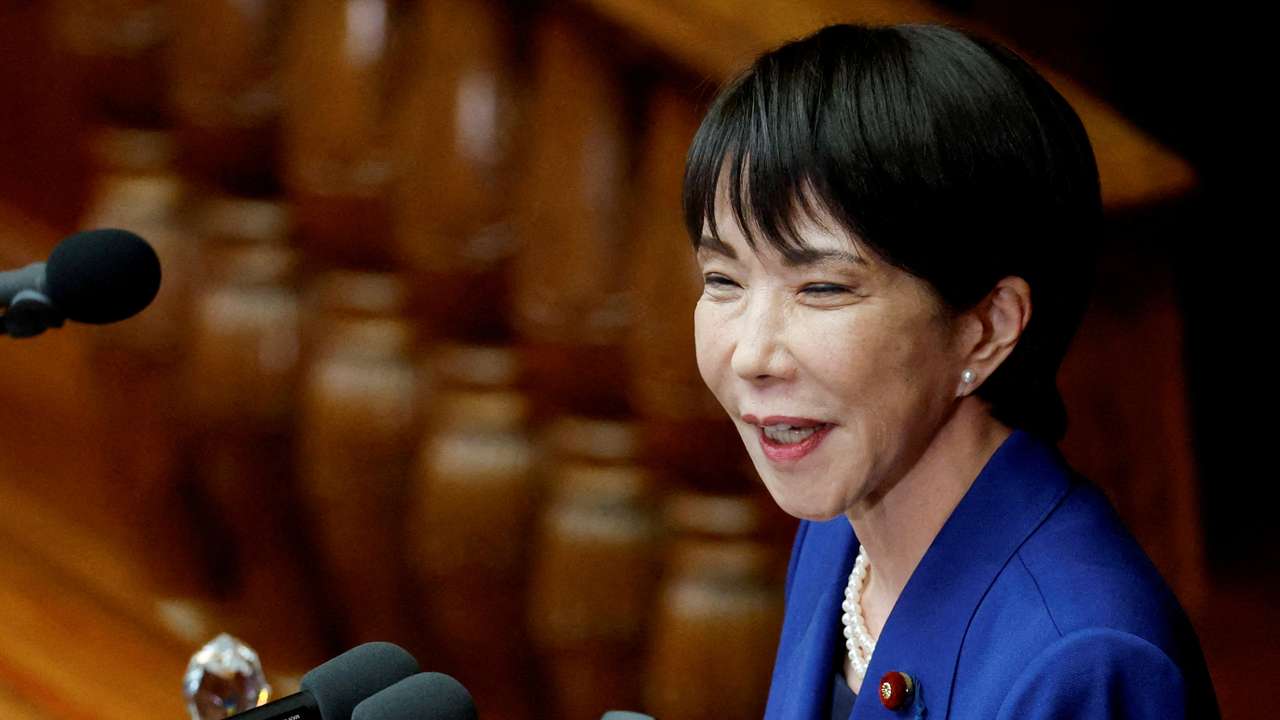China Roundup: 'Taiwan is China's Taiwan', China warns Japan, bilingual warnings on X

'Taiwan is China's Taiwan'
China renewed its hardline narrative on Taiwan, with a Foreign Ministry spokesperson stating unequivocally that “Taiwan is China’s Taiwan” and that reunification “must” be achieved. The spokesperson stressed that reunification was an irreversible historical trend and a “core national priority,” signalling Beijing’s frustration with what it sees as growing international engagement with Taipei—particularly from Japan and the United States. This message was delivered during a routine press briefing but carried a heightened tone, reflecting China’s ongoing sensitivity ahead of several key political anniversaries and its concerns about foreign “interference” in cross-strait affairs.
PM Takaichi’s comments on Taiwan
Beijing formally summoned Japan’s envoy to protest Prime Minister Sanae Takaichi’s remarks suggesting that instability in the Taiwan Strait could pose an existential threat to Japan’s security. China described the comments as “dangerous” and “irresponsible,” accusing Tokyo of deliberately inflaming tensions. Officials warned Japan to avoid “sending wrong signals” to Taiwan’s authorities, and reiterated that the Taiwan issue is strictly China’s internal affair. This marks one of the strongest diplomatic rebukes China has delivered to Japan this year.
Bilingual warnings on X
In an unusual move, China’s Foreign Ministry spokesperson posted a series of bilingual warnings on X (Twitter), urging Japan to immediately “stop playing with fire on the Taiwan question.” The use of bilingual posts — including English and Japanese — signals an effort to bypass traditional diplomatic channels and speak directly to Japanese audiences and the global public. State media outlets amplified the posts, framing Japan as escalating regional tensions and challenging China’s sovereignty. Analysts say the messaging style mirrors China’s more confrontational “Wolf Warrior” diplomacy, which has become a hallmark of its foreign policy communication.
China summons Japanese Ambassador
In a separate move, China summoned Japan’s ambassador for a second high-level protest within days. Beijing criticised Takaichi’s Taiwan-related comments as “erroneous,” “provocative,” and a violation of Japan’s post-war commitments. According to CGTN, Chinese officials issued “serious démarches,” demanding that Japan “correct its mistakes” and refrain from actions that “harm China’s sovereignty and territorial integrity.” The frequency of the summonses reflects heightened diplomatic friction and Beijing’s growing impatience with Tokyo’s evolving security posture.
China warns Japan
China once again cautioned Japan against misjudging its determination to defend its territorial claims, warning that any interference in the Taiwan question would be met with firm countermeasures. State-run Global Times reported that Chinese officials emphasised the Taiwan issue as the “first red line” in China–Japan relations. The commentary warned Japan not to “repeat historical mistakes”, a pointed reference to Japan’s WWII-era involvement in the region. Analysts say this narrative plays well domestically, aligning with nationalist sentiment ahead of major political events and reinforcing China’s claim that foreign powers are attempting to undermine its sovereignty.
This story is written and edited by the Global South World team, you can contact us here.